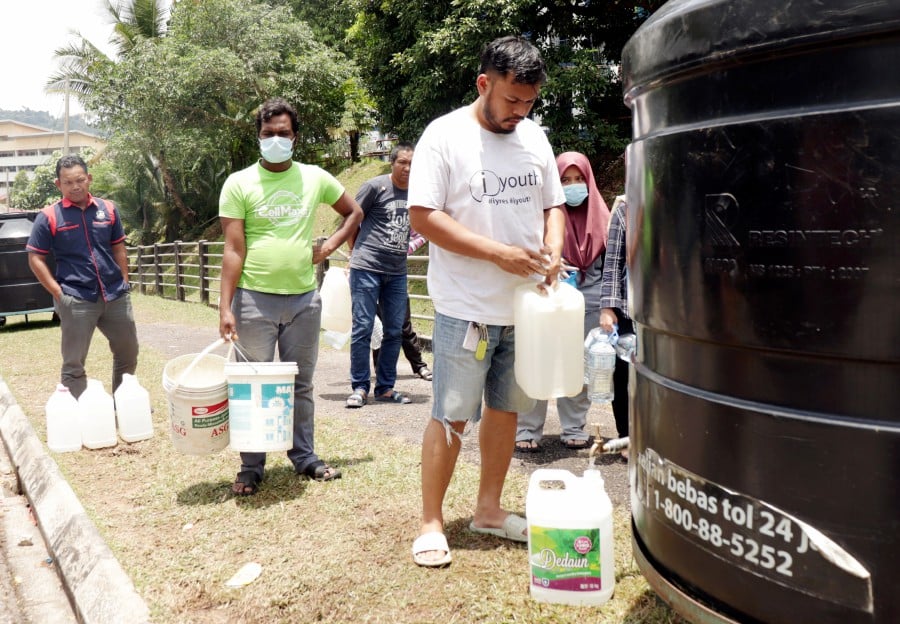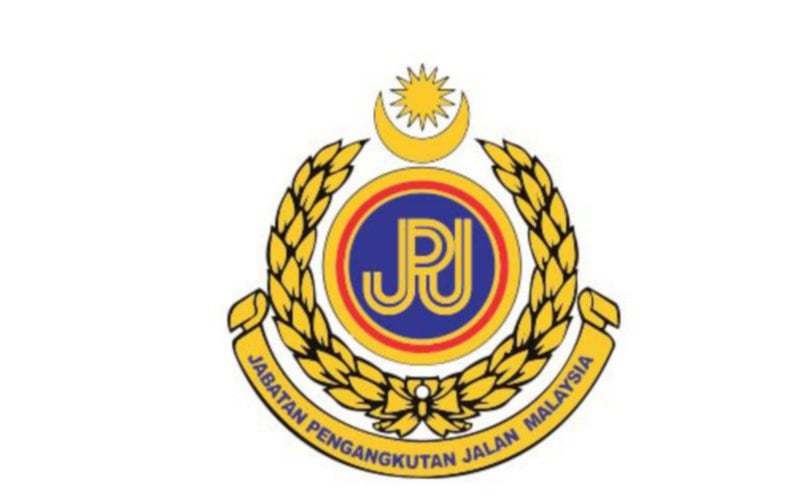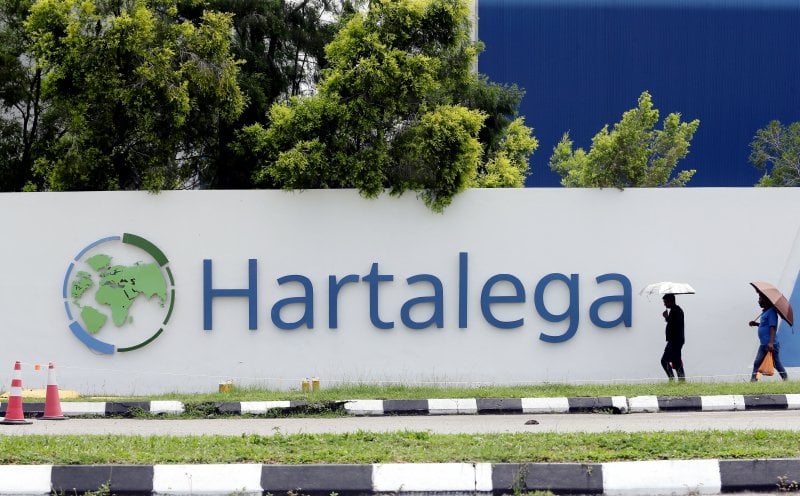LETTERS: I refer to Derek Fernandez's letter "Forfeiture laws, demolishment best way to deal with water polluters".
The writer rightly stated that the primary piece of legislation giving executive authority for the management and protection of public water supply is a federal law called the Water Services Industry Act 2006 (Act 655).
This means that Suruhanjaya Perkhidmatan Air Negara (SPAN), established under the SPAN Act 2006 (Act 654) and which was passed together with Act 655, is the executive authority relating to water supply system and water supply services throughout the country.
Indeed, Section 121 of Act 655 provides the highest penalty of any legislation for the serious pollution or contamination of water supply. A person who contaminates or causes to be contaminated any watercourse or the water supply system or any part of the watercourse or water supply system with any substance —
(a) With the intention to cause death; (b) with the knowledge that he is likely to cause death; or (c) which would likely endanger the life of any person - commits an offence under section 121(1) of Act 655.
Upon conviction, the offender faces a death sentence or imprisonment of 20 years and whipping if not sentenced to death where death is the result of the offence. If the offence does not result in death but the contaminant is a radioactive or toxic substance, the offender faces a mandatory jail sentence of up to 10 years or to a fine not exceeding 500,000 ringgit or to whipping or to all three.
In any other case, the offence is punishable with a fine not exceeding one hundred thousand ringgit or with imprisonment for a term not exceeding one year or with both.
Now, Act 655 gives substantial powers to SPAN to investigate, search, enter premises to carry out its functions in relation to the Act. But significantly, it does not provide for the power to arrest to aid investigation of offences under the Act.
The power to arrest is an important aid to investigation of offences, the purpose of which is to inquire into suspected offences with a view to identifying the perpetrators and of obtaining sufficient evidence admissible in a court of law.
This is why investigation agencies such as the police and the MACC are adequately empowered to arrest suspects for investigation.
Which is why the power to arrest has to be provided for in Act 655, as well as in the main law on environmental protection, namely the Environmental Quality Act 1974 (Act 127) which does not also provide the power to arrest.
By comparison, Singapore's Environmental Protection and Management Act, which is the primary legislation relating to environmental pollution control for the protection and management of the environment and resource conservation, provides for powers of arrest in the director general, an authorised person or a police officer for offences under the Act.
Interestingly, the Lembaga Urus Air Selangor (LUAS) Enactment 1999, which is a state law, empowers any officer authorised in writing by LUAS including a police officer not below the rank of Inspector to arrest, without warrant, any person found to be committing an offence under the Enactment (section 109).
The Enactment has been much referred to in the water pollution of Sungai Gong. Yet one wonders if the authorities are aware of the power to arrest under the Enactment.
Much has been said that vigorous enforcement of the law is urgently required. I should add that it must be with the power to arrest.
HAFIZ HASSAN
Bukit Baru, Melaka
The views expressed in this article are the author's own and do not necessarily reflect those of the New Straits Times
















